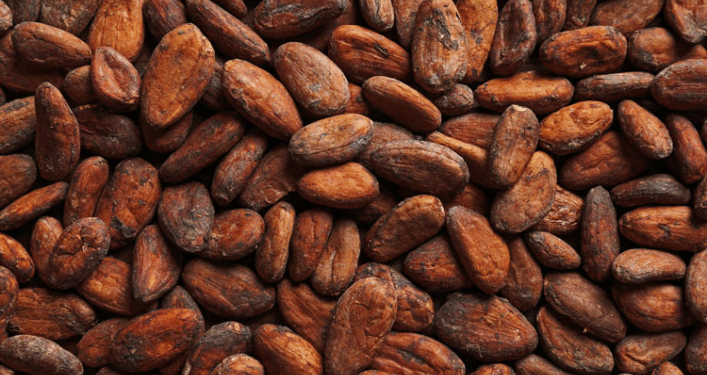Ghana and neighbouring Côte d’Ivoire are facing renewed pressure from the European Union and French development partners to fast-track long-delayed reforms in the cocoa sector, amid warnings that both countries could lose competitiveness under emerging global sustainability standards.
The call came during a two-day Cocoa4Future feedback workshop in Accra, where researchers presented findings from a five-year EU- and AFD-funded project examining agroforestry systems, disease control, certification schemes, farmer livelihoods, and climate resilience across both countries.
EU officials were clear: unless agroforestry adoption accelerates, deforestation is curtailed, and labour-related risks addressed, West African cocoa could face mounting barriers under new European sustainability rules and stricter buyer requirements.
The research highlighted sector vulnerabilities and pathways for reform. Studies confirmed that many farmers prefer low- to no-shade systems, which boost short-term yields but compromise ecological resilience and long-term productivity.
This approach, researchers warned, undermines forest recovery and leaves cocoa landscapes highly vulnerable to climate change.
On disease management, Cocoa Swollen Shoot Disease (CSSVD) remains widespread, reducing yields by up to 202 kg per hectare in severely affected farms.
Farmer-led control methods, such as pruning infected parts or using chemicals, are largely ineffective.
Researchers recommended intensifying rehabilitation programmes, scaling the production of CSSVD-resistant seedlings, and expanding technical training for early detection.
Certification studies showed that Fairtrade and Organic schemes significantly improve yields, incomes, and job creation, but their impact on broader food security and working conditions is uneven.
Researchers stressed the need for stronger cooperatives, expanded extension services, affordable credit, and diversified buyer networks to improve certification outcomes.
Across all themes, the recommendations were consistent: governments must ramp up input distribution, clarify tree tenure rights, promote hybrid cocoa varieties, incentivise agroforestry adoption, and formalise support systems for farmer livelihoods, including pensions, credit, and modern farm equipment.
Development partners stressed that these evidence-based measures are critical as the global market shifts decisively toward traceable, climate-resilient, and ethically sourced cocoa—standards that Ghana and Côte d’Ivoire risk falling behind if reforms stall.
Disclaimer: The content provided on Fish FM Online is for informational and entertainment purposes only. While we strive for accuracy, we do not guarantee the completeness, reliability, or timeliness of the information presented. Fish FM Online and its affiliates are not responsible for any errors or omissions, nor for any decisions made based on the content available on our platform.







